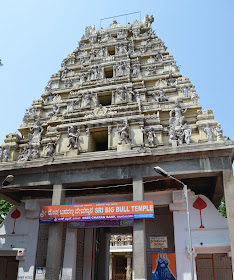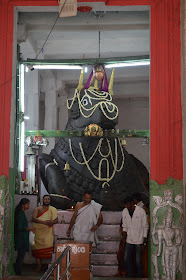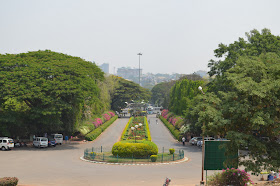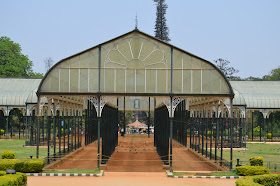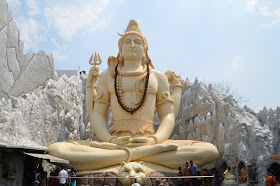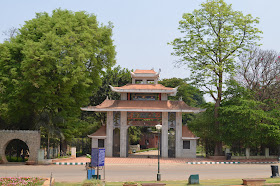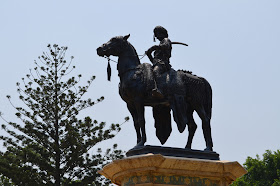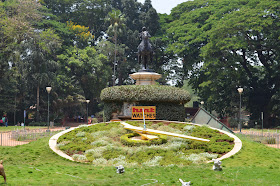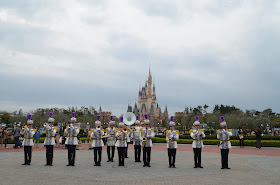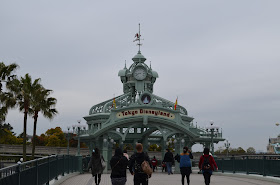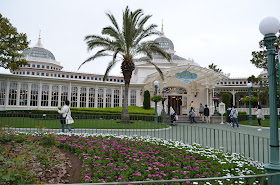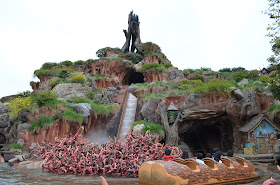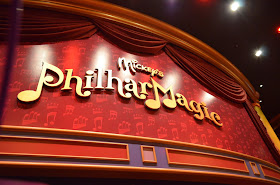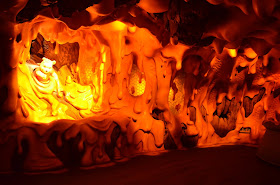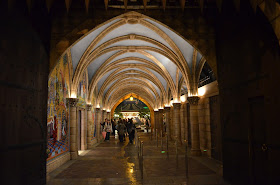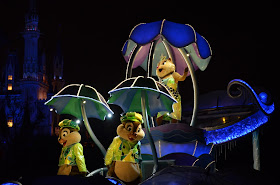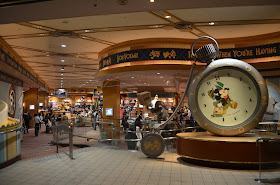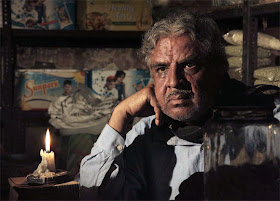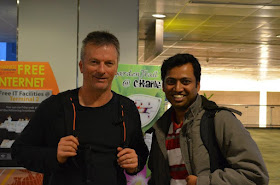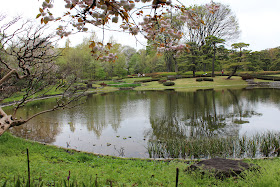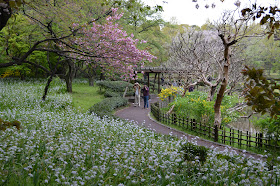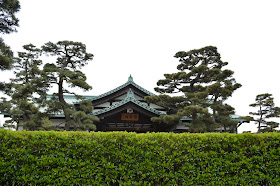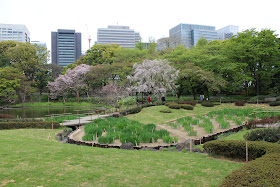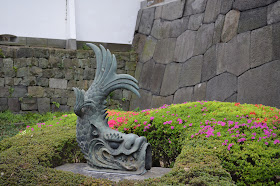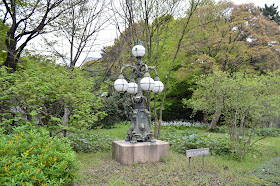Lord Vishnu takes the form of tortoise(kurma) in his second avatar according to Hindu puranas. Girish Kasavalli's film Koormavatara which is based on a story written by one of the finest writers in Kannada, Kum Veerabhardappa, takes this pretext in its plot.
Rao, a government employee cares less for his family but more for his work resembles Mahatma Gandhi in appearance. On being asked to play the role of Gandhi in a TV serial, though he initially refuses finally he yields to familial pressure. But Rao, an emotionally withdrawn person, finds it difficult to act. Also, he does not know much about the Mahatma. Gradually Rao improves his acting skills as well as his knowledge about father of the nation. In the process, he also imbibes Gandhi's ideals. How does this change his life and lives around him forms the crux of the movie.
For most past, feature film draws parallel between life of Mahatma Gandhi and that of protagonist. It also represents different perceptions prevalent about the man. But Rao's transformation to a man of emotions does not look convincing. I also found lack of clarity in some sequences. For instance, there is a sequence where Rao helps a guy in renewing his license to operate a shop which sells tobacco products (which is located near a school) when officials did not renew it even after accepting bribe. But here, there is a rule which says one should not be allowed to sell tobacco products within one hundred meters from the school premises. Gandhi's ideals do not come into play here, which is surprising. Next example is of share trading compared with gambling.
In the end, abrupt climax leaves the viewer in bitter taste. Definitely, not one of Kasaravalli's best.
 |
| Dr Shikaripura Krishnamurthy as Mahatma Gandhi in Koormavatara |
For most past, feature film draws parallel between life of Mahatma Gandhi and that of protagonist. It also represents different perceptions prevalent about the man. But Rao's transformation to a man of emotions does not look convincing. I also found lack of clarity in some sequences. For instance, there is a sequence where Rao helps a guy in renewing his license to operate a shop which sells tobacco products (which is located near a school) when officials did not renew it even after accepting bribe. But here, there is a rule which says one should not be allowed to sell tobacco products within one hundred meters from the school premises. Gandhi's ideals do not come into play here, which is surprising. Next example is of share trading compared with gambling.
In the end, abrupt climax leaves the viewer in bitter taste. Definitely, not one of Kasaravalli's best.
